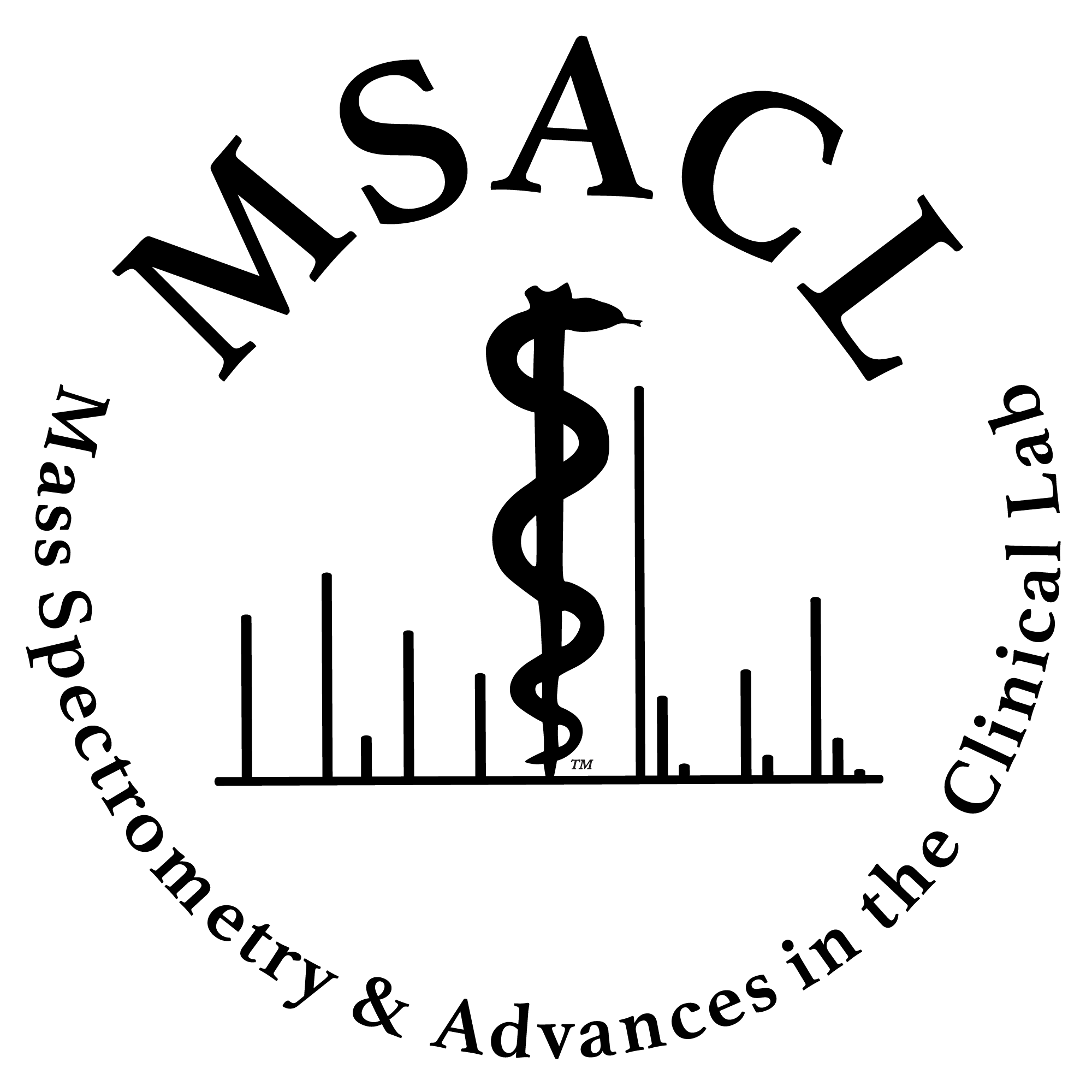MSACL 2023 Industry Workshop Presentation
*This Podium Presentation is occuring in the context of an Industry Workshop that starts at the time below.
Its actual start time may be up to 40 minutes later, depending on order of presentation if there are multiple presentations planned by the workshop host.
| Workshop Host: | Waters |
| Day: | Wednesday April 5 |
| Time: | 7:00* |
| Location: | Steinbeck 3 |
|

|
|
Low-Res, High-Sens Proteomics: Applications and Obstacles
|

|
Dennis Orton, PhD, FCACB
Alberta Precision Labs University of Calgary
|
Presenter Bio: I graduated with a PhD from Dalhousie University in Halifax, NS, Canada in 2014 where I worked on developing and applying quantitative proteomics workflows for biomarker discovery. I then completed a Clinical Biochemistry Fellowship in Calgary, AB, Canada in 2016 before moving on to work as a Clinical Biochemist in the Fraser Health region in British Columbia, Canada. During this time I gained significant experience in using R and RStudio, writing numerous shiny apps to perform QC management and to streamline LC-MS/MS data workflows. In 2019, I moved to my current position in Calgary where I head the Mass Spectrometry testing facility for Alberta Precision Laboratories. Primarily focussed on toxicology testing, I have overseen a transition towards more endocrine testing and eliminated low-throughput GC-MS workflows in favour of targeted, MRM based LC-MS analyses. My research is focused on promoting LC-MS technologies and development of tools and workflows to bring targeted proteomics methodologies to routine clinical application.
|
|
|
|
|
Summary In an era of ever-improving sensitivity of high-throughout, low-resolution triple quadrupole mass spectrometers, we the users are presented an opportunity to explore analytes and matrices not previously available. A class of analyte which pushes the boundaries of clinical mass spectrometry is in protein analysis. Proteins in plasma exhibit a broad range of concentrations, while also being present with post-translational modifications, inactive fragments, and with numerous isoforms (a.k.a. “proteoforms”), thus presenting a challenge to users, but also an opportunity to gain more information from analyses than what is possible by immunoassays.
In this workshop, I will share some of my own experiences working with targeted proteomics methods using a low-resolution triple quadrupole analyzer for analytes from plasma. In addition, I will discuss some more complex, non-traditional matrices such as formalin-fixed paraffin embedded tissue sections. I will share some tips and tricks for sample preparation strategies which can improve performance as well as introduce some ideas on how to deal with sequence variants and post-translational modifications when using low-resolution systems for protein analysis.
|
|

